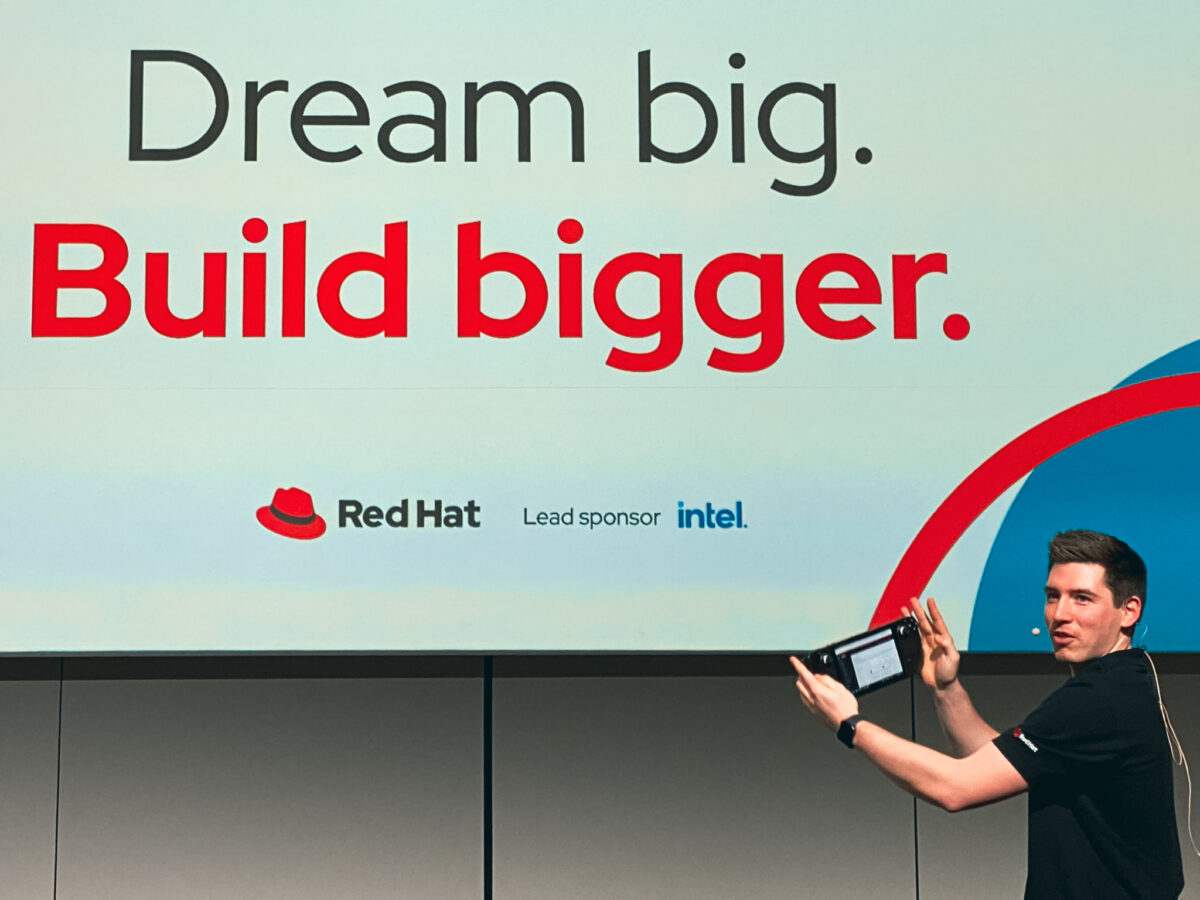A Report about the Visit of KubeCon + CloudNativeCon Europe 2025


A Report about the Visit of KubeCon + CloudNativeCon Europe 2025

The size of container images plays an essential role in various aspects, not just the amount of storage space used in the Container Registry. In this article, we will explore why optimizing container image size matters and how to achieve it effectively. Oftentimes we have applications whose binaries are quite small but whose container images […]

Imagine deploying your applications in environments where resources are scarce, connectivity is unreliable, and every hardware decision counts. Whether it’s edge computing sites, remote data centers, or on-premises installations with limited infrastructure, ensuring high performance and availability can be challenging. OpenShift Compact Clusters emerge as a transformative solution tailored to address these exact scenarios, offering […]

I’ve been with Red Hat since 2019 as a Solution Architect. I started in the area of IT in 2001 only to experience, just 2 years later, that we can use ONE physical server to deploy MANY Operating Systems! At that time we deployed our very first VMware vSphere cluster in a medium-sized company in Trier, […]

When on the road, some of us bring a handheld Linux computer such as the Steam Deck for entertainment. But after some time of hunting ghosts and shooting portals the desire to be productive returns. How about quitting the game and starting OpenShift on our handheld gaming companion? In late 2023 I was on a […]

A Guide to Seamless Connectivity in OpenShift and OKD In today’s rapidly evolving technological landscape, the integration of complex architectures into our systems is becoming more prevalent than ever. One of these challenges is to consolidate a multi-cloud architecture into a true hybrid cloud one. In this blog post we will delve into the motivations, solutions, and considerations […]

The Problem It’s getting worse. Every day. The global emissions of carbon dioxide are still increasing , while our global budget to stay in the range of 1.5° C and 2° C is rapidly exhausting. The main emissions are produced by burning fossil fuels for energy generation, transportation and industrial production. Another big source of […]

After discussing the theoretical background why patterns are useful in common IT-architectures in our first post and discussing the various levels of utilizing patterns in section two, we will now dive a little deeper and look how a pattern can be applied for a practical business problem. Requirements Let us assume we have an application […]

This guide will show you how to run the newly GA’ed bits of MicroShift on a Raspberry Pi 4 using Fedora IoT 38 or 39. It can announce routes via mDNS so hosting applications in an mDNS aware LAN is a breeze. THIS IS COMPLETELY UNSUPPORTED. DON’T EVEN THINK OF RED HAT SUPPORT WHEN YOU […]

tl;dr It’s no surprise that developers are looking for ways to include powerful new technologies like AI Assistants to improve their workflow and productivity. However, many companies are reluctant to allow such technology due to concerns about privacy, security and IP law. This article addresses the concerns about privacy and security and describes how to […]